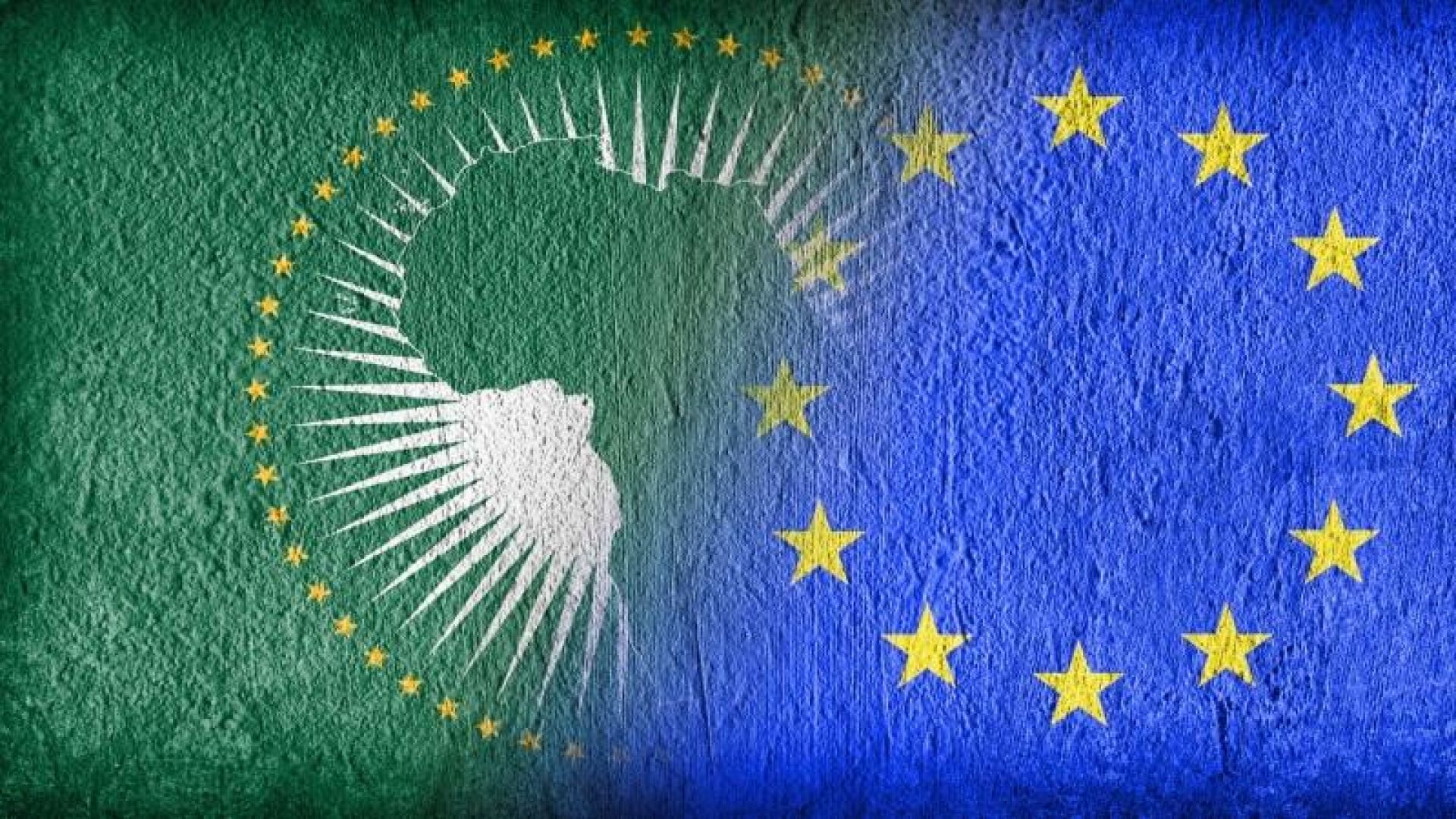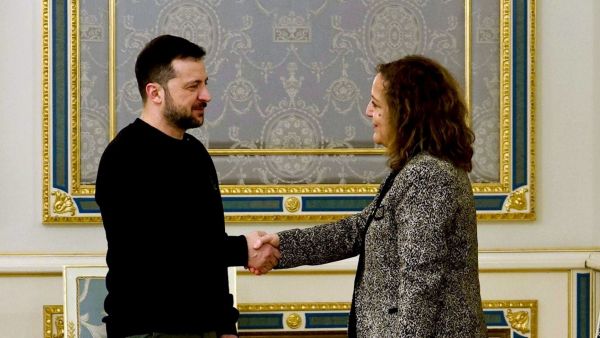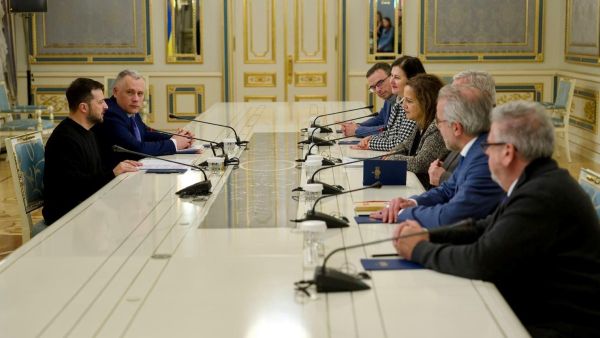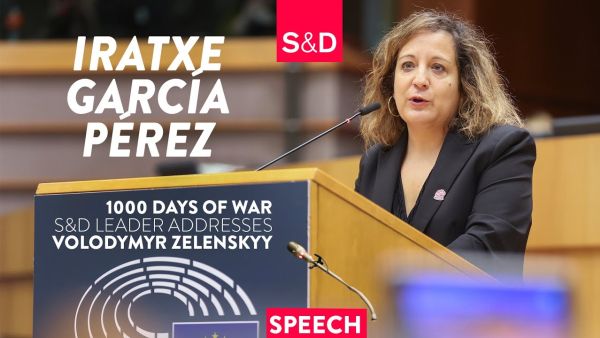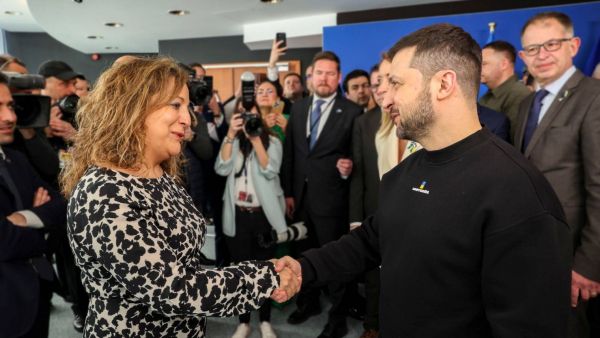On 30 August, immediately after the ballots closed in Gabon and President Ali Bongo was officially elected for a third term, a group of military officers announced his removal from office, his arrest and the suspension of the constitution. A month earlier, on 26 July, in Niger, a military entourage had overthrown President Bazoum. These are just the last two coups in the timeline of unconstitutional changes of government in sub-Saharan Africa in recent years – a highly dangerous situation that carries the risk of a domino effect on many aspects throughout the whole region as well as in Europe. We express our concern and call on the European Commission to increase diplomatic efforts to facilitate the restoration of democracy and constitutional order.
Co-chair of the African-Caribbean-Pacific-EU Joint Parliamentary Assembly and S&D MEP, Carlos Zorrinho, said:
“Burkina Faso, Mali, Guinea and now Niger and Gabon. The military coups and the unconstitutional changes of government in sub-Saharan region are highly concerning for the huge impact they could have on the whole Sahel and for the growing challenges these coups bring to democracy and development in the region. The S&D Group calls all involved to refrain from any use of violence and to re-establish a democratic path towards stability and constitutional order.
“Covid, the impact of the Russian war against Ukraine, religious conflicts, natural disasters and climate change – associated with bad governance, corruption and abuse of power – have generated even more poverty and insecurity; fueling growing dissatisfaction among the population. The resentment over external interventions perceived as colonialist and at the same time the controversial Russian and Chinese influence, has weakened the EU’s ability to prevent and discourage coups d'état in the region.
“We, as the EU, must continue to denounce attacks on constitutional and democratic order and increase our cooperation with the African Union, The Economic Community of West African States (Ecowas) and all other international actors involved, facilitating a roadmap for the short and long term towards democracy.
“The regime of sanctions should then be revised. While they are mechanisms that act as deterrents to coups and as a pressure tool to return to constitutional normality, they risk worsening the humanitarian situation on the ground. This is something we need to avoid at all costs. We call on the Commission, therefore, to deepen the exception system applicable to collective sanctions, in order to guarantee access to humanitarian aid for the most vulnerable populations.”

